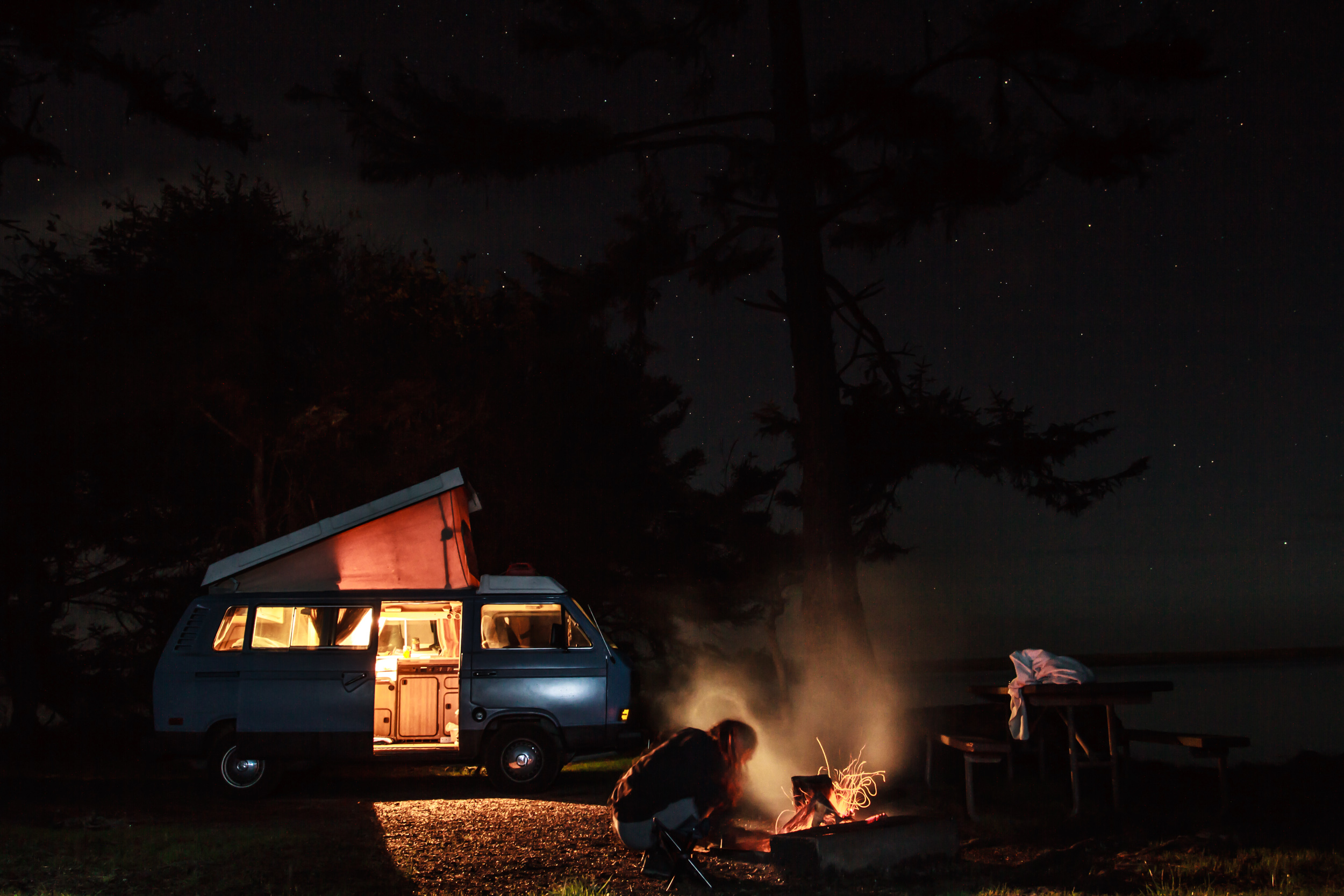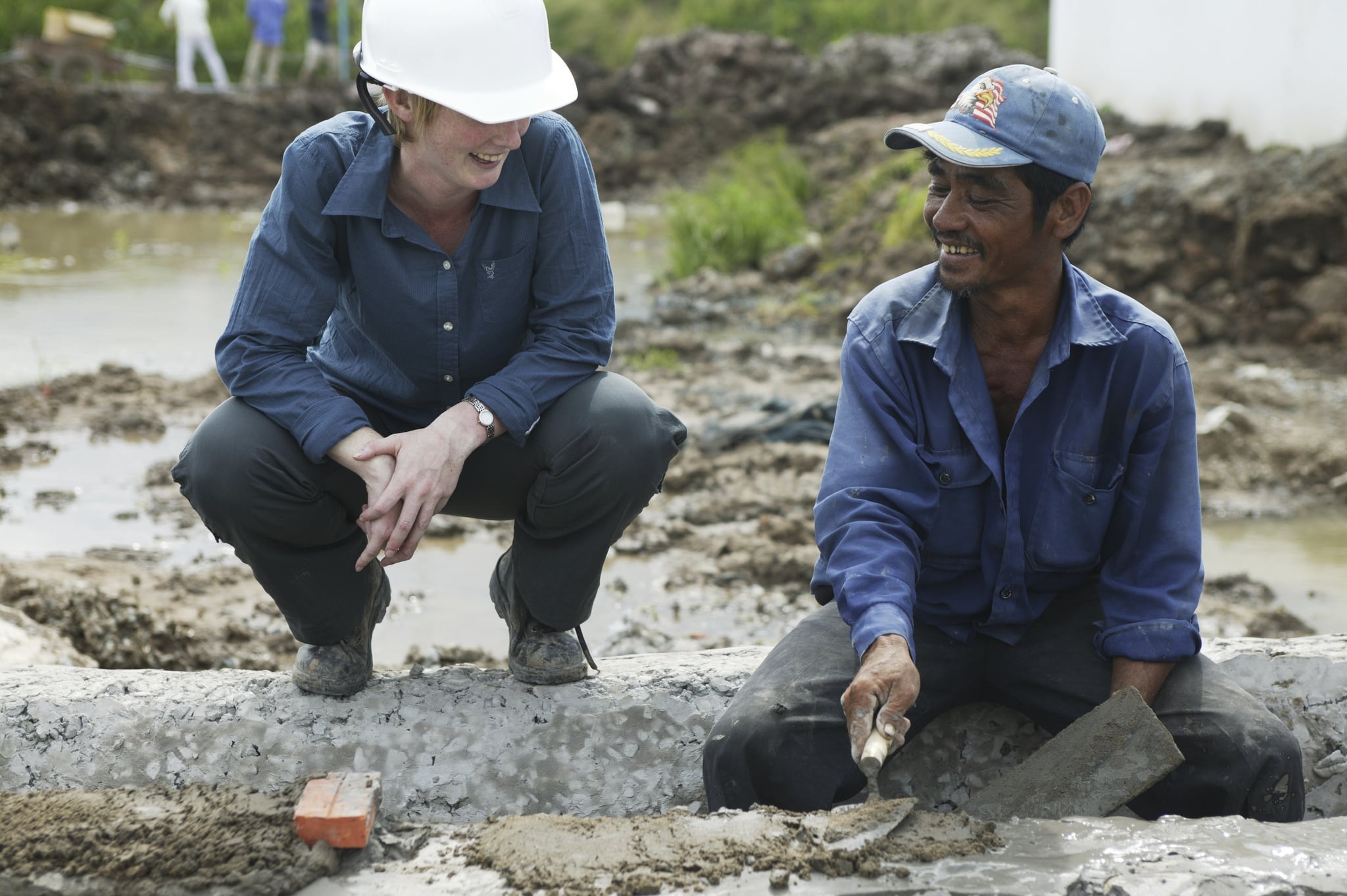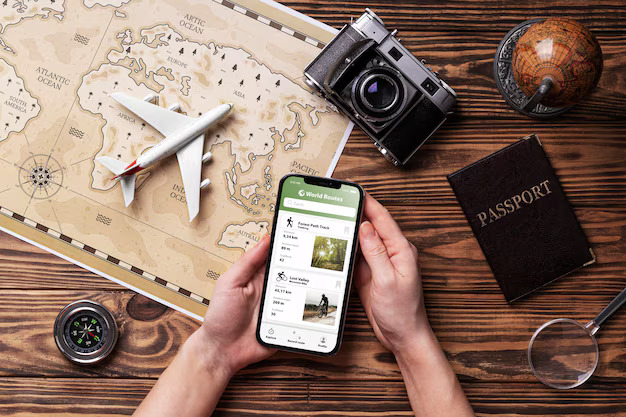In a world driven by fast flights, digital maps, and curated Instagram feeds, one movement has emerged that urges us to slow down, go off the grid, and embrace freedom on four wheels — Overland and Vanlife Travel.
Whether it’s a dusty road through the African savannah, a scenic mountain pass in the Rockies, or a remote beachside camp in Australia, overlanding and vanlife represent more than just a travel style — they’re a philosophy, a rebellion against routine, and a return to simplicity.
This blog explores the roots, realities, and revival of life on the road, and why more people than ever are choosing the van over the villa.
🚐 What is Overland and Vanlife Travel?
- Overlanding traditionally refers to self-reliant travel over land, often using rugged vehicles to explore remote destinations — with an emphasis on the journey, not just the endpoint. It dates back to early explorers and modern adventurers traversing continents by truck, SUV, or motorbike.
- Vanlife, in contrast, is a modern lifestyle trend where people live, travel, and work out of converted vans or campers — often choosing minimalist living, flexibility, and scenic mobility over traditional housing or hotel stays.
While different in origin, both movements embrace freedom, self-sufficiency, and a deep connection to nature — making them wildly popular among adventurers, digital nomads, and eco-conscious travelers.
📜 The Origins: From Expedition to Instagram
Overlanding’s Roots
Overlanding has historical roots in Australia and Africa, where expeditions and safaris required robust vehicles, survival skills, and long-range travel across unpaved roads and wild terrain. Early overlanders were explorers, soldiers, and scientists — people driven by curiosity and necessity.
In the modern era, overlanding evolved into a recreational activity. With the rise of 4×4 vehicles in the 1960s and ‘70s, enthusiasts began modifying Land Rovers, Jeeps, and Toyota Land Cruisers for multi-day expeditions across deserts, jungles, and mountains.
The Rise of Vanlife
Vanlife, as a movement, exploded in the 2010s thanks to a perfect storm of:
- The gig economy and remote work
- The minimalist movement
- Millennial burnout from city living and 9-to-5 jobs
- Instagram-fueled aesthetics of #Vanlife sunsets and cozy camper beds
What began with hippie vans and surfers in California transformed into a digital lifestyle — complete with solar panels, Wi-Fi routers, kitchenettes, composting toilets, and fold-out beds in tiny mobile homes.
🌍 Why People Choose the Road
Overland and vanlife travelers are often united by shared motivations:
🗺️ 1. Freedom & Flexibility
No schedules. No check-ins. Just your vehicle, a map (or GPS), and the open road. You decide when and where to go — whether it’s a sunrise hike or a spontaneous camp by a river.
🏕️ 2. Connection to Nature
These lifestyles offer immersive outdoor experiences — from stargazing in remote deserts to waking up beside alpine lakes. It’s slow travel at its finest.
💻 3. Remote Work Lifestyle
Thanks to solar panels, mobile hotspots, and co-working apps, digital nomads are now building businesses and careers from the back of their vans.
🧘♀️ 4. Minimalist Living
With limited space and resources, vanlifers adopt a “less is more” approach — focusing on essentials, reducing waste, and embracing simplicity.
🤝 5. Community and Culture
Overlanders and vanlifers form tight-knit communities through social media, meetups, and campsites. There’s a unique camaraderie among people who understand life without constant luxury.
🔧 The Vehicles Behind the Lifestyle
🚐 Popular Vanlife Choices
- Mercedes Sprinter
- Ford Transit
- Ram ProMaster
- Volkswagen Kombi (classic vanlife symbol)
- DIY-converted cargo vans
🚙 Overlanding Vehicles
- Toyota Land Cruiser
- Jeep Wrangler
- Land Rover Defender
- Truck campers or expedition rigs
- Motorbikes (for extreme solo travelers)
These vehicles are often heavily modified — with rooftop tents, storage systems, fridges, solar power, water filtration, and sometimes even showers.
📈 The Pandemic Boom
During COVID-19, vanlife and overlanding saw a massive surge in interest:
- People avoided crowded airports and hotels
- Domestic road trips became the safest form of travel
- Van sales and rentals skyrocketed
- Thousands opted for “working from anywhere” — literally
The movement went from niche to mainstream almost overnight.
🌄 The Realities Behind the Aesthetic
While #Vanlife photos on Instagram paint a dreamy picture, the lifestyle isn’t always sunshine and scenic drives.
Pros:
- Ultimate flexibility
- Low ongoing costs (after setup)
- Deep experiences in nature
- Rich personal growth
Cons:
- Limited space and privacy
- Mechanical breakdowns
- Wi-Fi dead zones
- Legal parking issues
- Emotional isolation or safety concerns (especially for solo travelers)
It’s a lifestyle of trade-offs, requiring resilience, planning, and adaptability.
🛣️ Tips for Aspiring Overlanders or Vanlifers
- Start with short trips before going full-time.
- Rent or borrow a van to test the waters.
- Invest in quality gear (solar, bedding, cooking).
- Plan for offline navigation and safety kits.
- Join online communities like Vanlife Diaries, Overland Bound, or #ProjectVanLife.
- Respect local cultures, leave no trace, and travel responsibly.
🔮 The Future of Life on the Road
As climate concerns grow and remote work becomes permanent for many, vanlife and overlanding are evolving:
- Electric camper vans and hybrids are entering the market
- Eco-conscious gear is becoming more accessible
- Nomadic villages and co-working campsites are emerging
- People are blending long-term travel with purpose — through sustainability, education, and cultural exchange
It’s no longer just a trend; it’s a movement — one that redefines what it means to live well and travel meaningfully.
✨ Final Thoughts: Chasing Freedom, Finding Self
Overland and vanlife travel are not just about changing your location — they’re about changing your mindset. They ask you to slow down, simplify, and see the world (and yourself) from a different angle.
In a hyper-connected age of speed and stress, perhaps the most radical thing we can do is to take the long road, chase the horizon, and call a van our home.


